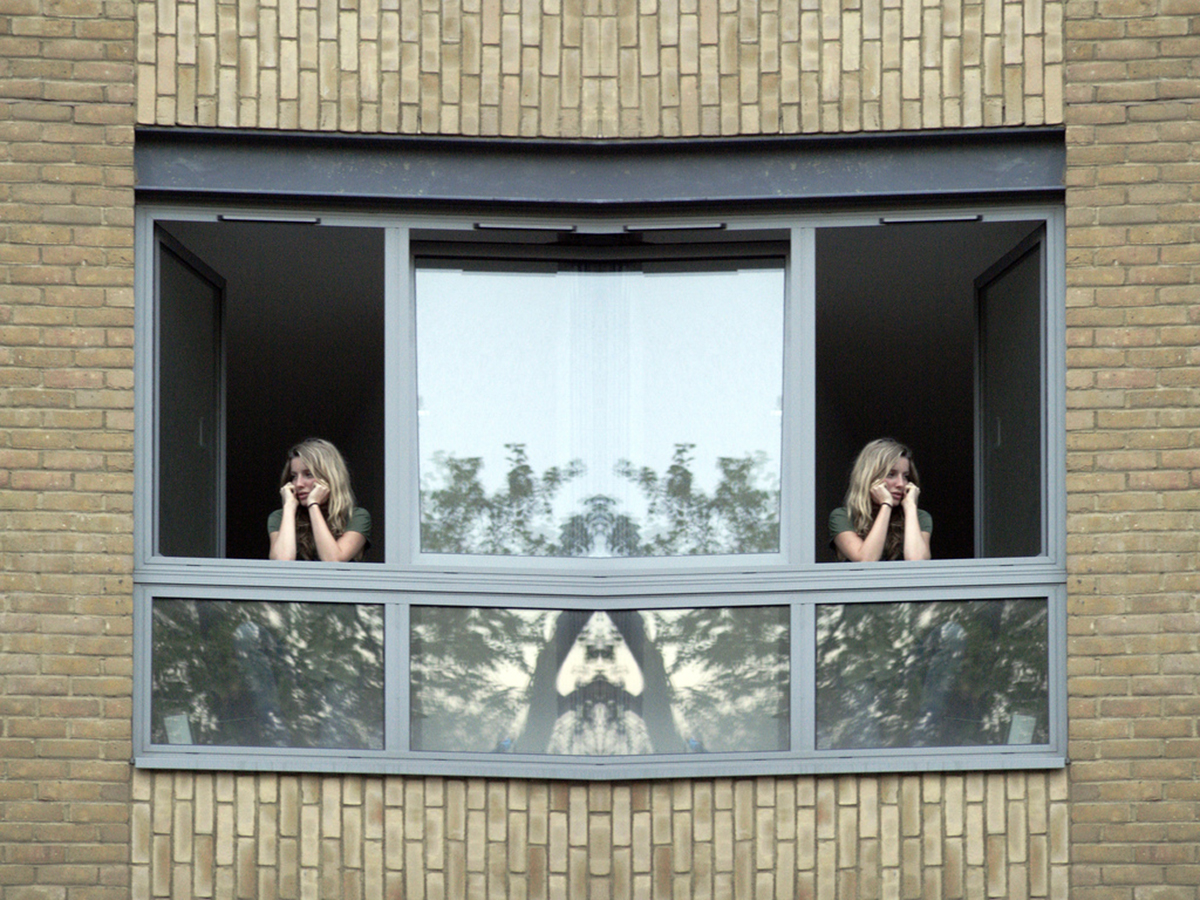Table of Contents
If a psychotic patient is deemed to be a danger to themselves or to others then they would be involuntarily admitted as patients of the state by a psychiatrist and a family member, which means that they can be admitted without any consent needed from the patient.
These patients would then be sedated, with medications such as intravenous diazepam or lorazepam, and then be observed. When the patient is no longer deemed a danger to themselves then the psychiatrist will start treatment with antipsychotic medications. It can take a few weeks to try and get the patient's symptoms to improve so the doctor will try adjusting the dosages and types of medications in order to get the desired result.

Conventional or typical antipsychotics
These medications are first-generation drugs which were initially prescribed for schizophrenia. They are cost effective but they can cause severe neurological side-effects such as tardive dyskinesia. These medications include:
- Haloperidol
- Chlorpromazine
- Fluphenazine
- Perphenazine
Atypical antipsychotics
These second-generation medications are much safer than their older counterparts but they are also more expensive. These medications include:
- Olanzapine.
- Clozapine.
- Quetiapine.
- Risperidone.
Psychosocial management
Once the acute psychotic features of the disease have improved then, together with continuing the oral medication, psychotherapy and social services need to be offered to the patient. These services would offer the following benefits.
- Individual therapy is where the patient learns to cope with stressful situations and how to identify the early warning signs of a possible relapse. This will help the patient to better manage their condition.
- Social skills training focuses on helping the patient improve communicating with others as well as improve social interaction.
- Family therapy helps to offer support and education to family members dealing with patients diagnosed with schizophrenia.
- Vocational rehabilitation focuses on helping schizophrenic patients to find and keep possible employment.
There are many community programmes which are available to offer support and resources to patients with schizophrenia. The occupational therapists and social workers, involved with the patient during their hospital stay, could help reach out to the managers of these programmes to provide help and support.
Coping at home
As mentioned, there are support groups for these patients once they are discharged from hospital so one shouldn't fear coping alone at home. There are some steps to follow which would make this situation an easier experience.
READ Father's Age Seen As Crucial To Baby's Disease Risk Of Autism And Schizophrenia
- Educate yourself about schizophrenia - knowledge is power, so learning as much about this disease can make it easier to be compliant with the prescribed treatment. Family members should also be urged to learn about this disease so that it can be better understood and therefore better support can be given to the patient.
- Join a support group - this is an exceptional way of meeting people who are struggling with the same problem. Here you can hear other people's stories and learn from their experiences.
- You need to stay focused on the goals - treatment goals need to be focused on in order to stay motivated. Taking responsibility for your illness helps you to stay compliant.
- Relaxation techniques - reducing stress and anxiety helps to reduce triggers and keeps one focused. Breathing exercises, meditation, prayer, yoga and massage therapy are all good options.
- www.mayoclinic.org/diseases-conditions/schizophrenia/basics/definition/con-20021077
- Photo courtesy of marktee: www.flickr.com/photos/marktee/5843831334/
- Photo courtesy of marktee: www.flickr.com/photos/marktee/5843831334/
- Photo courtesy of fabiovenni: www.flickr.com/photos/fabiovenni/144489254/

